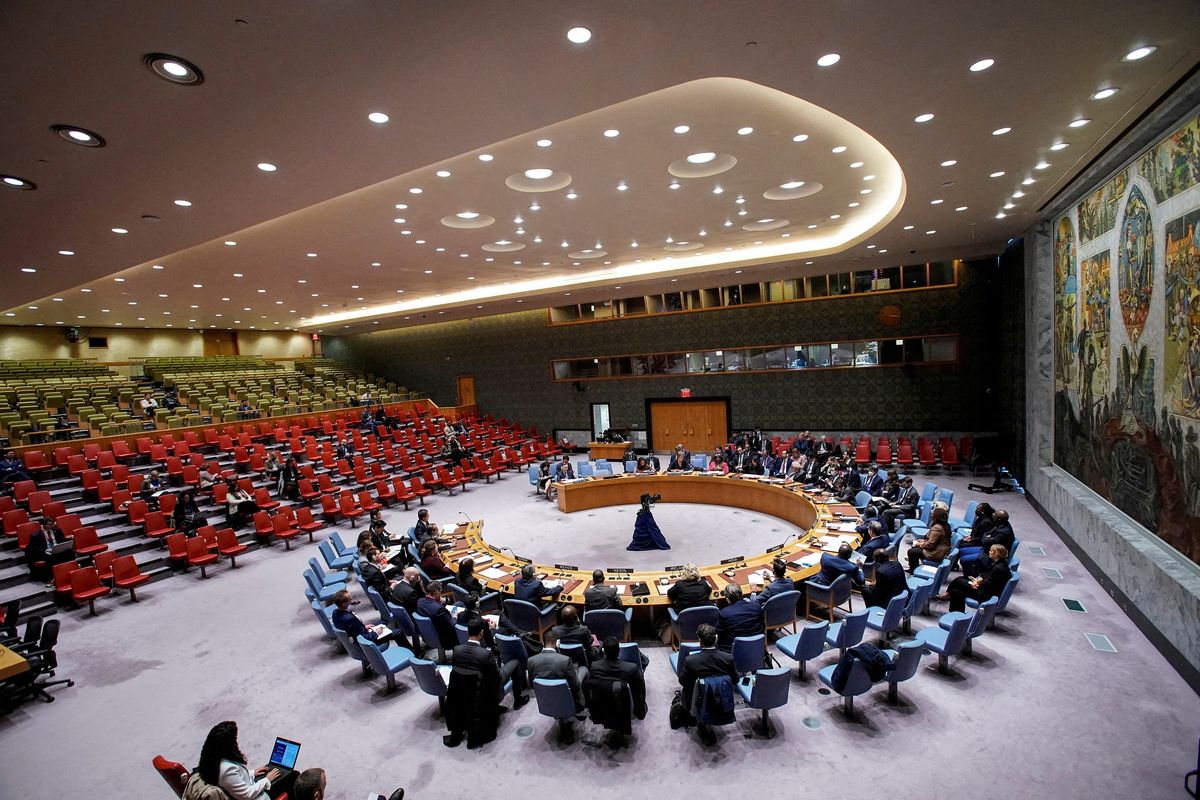Concern escalates as 13,000 UN peacekeepers begin leaving Mali
At the end of June, the UN announced that it would be evacuating its force of nearly 13,000 peacekeepers from the West African country of Mali.

A few minutes every morning is all you need.
Stay up to date on the world's Headlines and Human Stories. It's fun, it's factual, it's fluff-free.
At the end of June, the UN announced that it would be evacuating its force of nearly 13,000 peacekeepers from the West African country of Mali.
In 2013, the UN launched MINUSMA (United Nations Multidimensional Integrated Stabilization Mission in Mali) in response to terrorist and militant groups getting control over parts of the country. Separatist rebels and Islamist fighters joined to capture northern Mali in a step toward establishing a completely separate state. But the militants have continued on their campaign, taking over more territory, killing thousands and displacing tens of thousands from their homes.
A military junta currently runs the Malian national government. Trying to get control over the continuing Islamic terrorist insurgency, Mali’s junta began working with the Wagner mercenary group (yes, that Wagner group). Then, this past June, the junta asked MINUSMA to leave "without delay." The UN Security Council put the decision to a vote, with the countries in the council deciding to end the mission, which is considered the deadliest peacekeeping mission in the world, by the end of the year.
On Monday, the UN began to evacuate Mali. UN Secretary-General António Guterres said that “the timeline, scope and complexity of the mission’s withdrawal are unprecedented.” The environment and political issues in the country make the whole removal process pretty complicated. The mission has to be broken down and safely withdrawn as the violence continues.
“The mission was built over a period of 10 years, and we have to close it in six months,” explains El Ghassim Wane, who leads MINUSMA.“And Mali, as you know, is landlocked. Infrastructure is limited, and insecurity is a reality.”
Even though UN peacekeepers can’t go on the offensive and the kinds of actions they can take are limited (they’re really only allowed to contain the threat and protect civilians), there’s a lot of concern over what will happen to Mali once they’ve left.
US Ambassador to the UN Linda Thomas-Greenfield addressed the Security Council on Monday, saying: “If war were to break out, it would again unleash unspeakable, unthinkable devastation on the Malian people – who have already endured so much needless suffering. ... The Malian people deserve peace. And further instability would open the doors to JNIM [a jihadis organization] and ISIS-Sahel to spread their access and influence. It would be a recipe for disaster.”




Comments ()